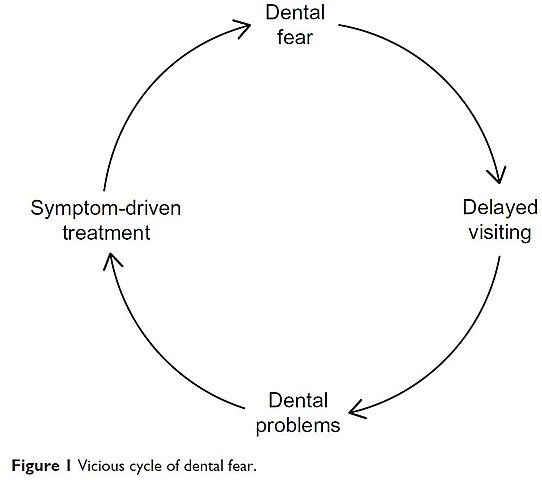“Viscous” and “vicious” are both adjectives. They’re also close enough in spelling that it’s easy to get them mixed up when you see them written down. However, these terms have very different meanings, so check out our guide below to find out how they should be used.
Viscous (Thick and Sticky)
We use “viscous” to describe something that is thick and sticky. For instance:
The mixture was too viscous to stir.
Honey is a viscous foodstuff produced by bees.
A “viscous” liquid is typically something that doesn’t flow smoothly. You can see this for yourself if you look at how quickly honey or molasses flow down an incline compared to water. The thickness of a liquid is known as its “viscosity” (e.g., water has low viscosity compared to honey).
Vicious (Violent or Cruel)
Most of the time, “vicious” means “violent,” “fierce,” or “cruel.” For example:
The vicious dog snarled when it saw the cat.
They began a vicious assault on the enemy fort at dawn.
Find this useful?
Subscribe to our newsletter and get writing tips from our editors straight to your inbox.
Sometimes, however, we can also use “vicious” to mean “painful” or “intense”:
I’ve had a vicious headache all day.
Even here, though, “vicious” implies that something is harmful or negative.
We see this negativity again in the phrase “vicious circle.” This describes a process where two problems cause or reinforce one another, making it difficult to escape or solve either one.
For example, imagine you have a toothache but you are scared to go to the dentist. Putting off going may make the condition worse, requiring a more painful treatment, which could make going to the dentist even more scary, etc. This cycle makes each problem worse, so it is a “vicious” circle.

(Image: 18961065RP/wikimedia)
Summary: Viscous or Vicious?
Although these terms look similar, they have very different meanings:
- Something is viscous if it is thick and sticky, like honey or molasses.
- To be vicious is usually to be cruel, violent, or dangerously aggressive.
You may also need to be wary of spellcheckers with these terms. If you type “vicous” by accident, for example, Microsoft Word will suggest both “viscous” and “vicious” as corrections. You therefore need to be careful about which term you pick from the list when correcting typos! To make doubly sure your writing is error free, though, you can always ask a proofreader.



